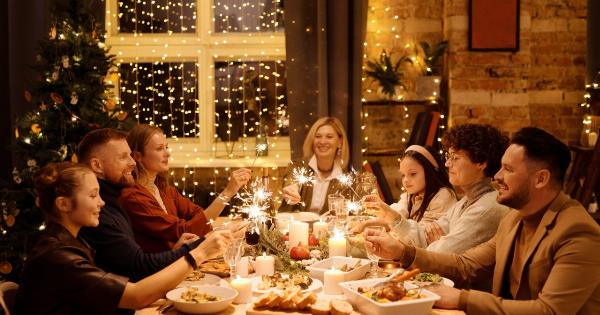Insomnia is a common sleep disorder that affects millions of people worldwide. It can be caused by a wide range of factors, including stress, anxiety, depression, medications, and poor sleep habits.
While there are many treatment options available for insomnia, including medication and therapy, making changes to your diet can also help you get more restful sleep.
Foods to help you sleep
There are many foods that can help you get a good night’s sleep. These foods contain natural compounds that can promote relaxation and improve sleep quality.
1. Tart cherry juice
Tart cherry juice is a natural source of melatonin, a hormone that regulates sleep-wake cycles. Drinking a small glass of tart cherry juice before bed can help you fall asleep faster and stay asleep longer.
2. Almonds
Almonds are a good source of magnesium, a mineral that can help you relax and fall asleep faster. They also contain protein, which can help regulate blood sugar levels and prevent nighttime hunger.
3. Chamomile tea
Chamomile tea is a natural sedative that can help you relax and fall asleep faster. It also contains antioxidants and anti-inflammatory compounds that can improve your overall health.
4. Whole grains
Whole grains, such as brown rice, quinoa, and oats, are high in magnesium and other essential nutrients that can improve sleep quality. They also contain complex carbohydrates, which can help regulate blood sugar levels and prevent nighttime hunger.
5. Kiwi
Kiwi is a good source of serotonin, a neurotransmitter that regulates sleep-wake cycles. Eating a couple of kiwis before bed can help you fall asleep faster and sleep more deeply.
Foods to avoid
While some foods can promote sleep, others can interfere with it. These foods contain substances that can stimulate the nervous system and make it harder to fall asleep.
1. Caffeine
Caffeine is a stimulant that can interfere with sleep, especially if consumed in the evening. Avoid coffee, tea, soda, and chocolate before bed if you have trouble sleeping.
2. Alcohol
While alcohol can make you feel drowsy at first, it can disrupt sleep later in the night. Drinking alcohol before bed can also make sleep apnea and snoring worse.
3. Spicy foods
Spicy foods can cause heartburn and indigestion, which can make it harder to fall asleep and stay asleep. Avoid eating spicy foods before bed if you have trouble sleeping.
4. High-fat foods
High-fat foods can take longer to digest, which can cause indigestion and make it harder to fall asleep. Avoid eating fatty foods before bed if you have trouble sleeping.
5. Sugary foods
Sugary foods can cause a spike in blood sugar levels, which can interfere with sleep. Avoid eating sugary foods before bed if you have trouble sleeping.































